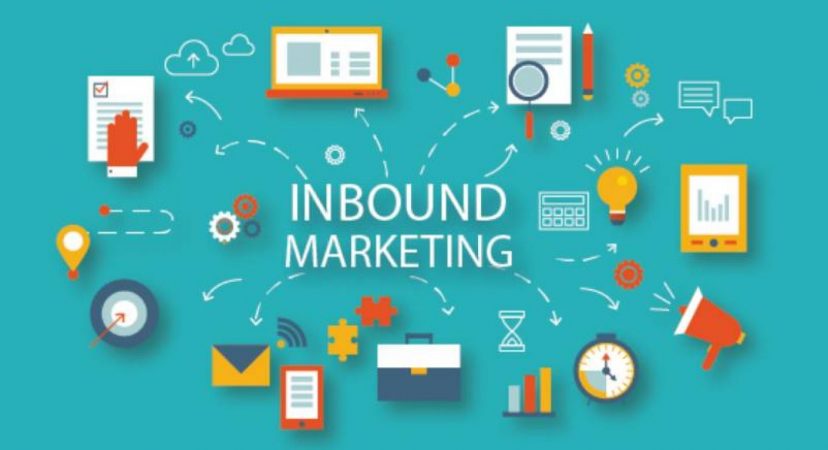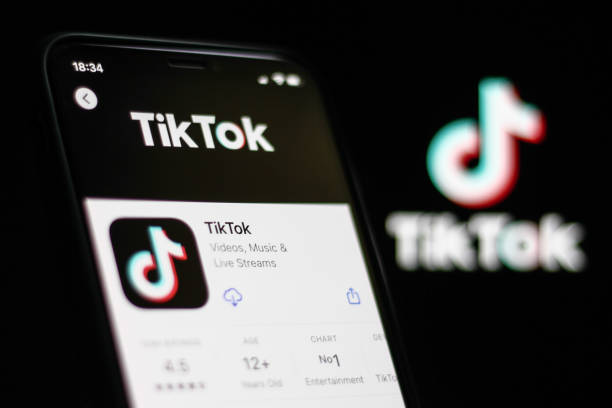
One of the easiest ways to explain inbound marketing is the fish-bait example.
Rather than spreading a net to catch a wandering fish, you use bait to lure the fish in; clean, simple, and efficient.
That is inbound marketing simplified.
It attracts potential market to your brand by proving value first – the bait.
This value can be in the form of posting relevant content, content marketing, SEO, video-marketing, events, etc.
It is a form of marketing that employs the pulling technique to draw a market in by offering them something they find irresistible or relevant to their needs.
There are many effective ways inbound marketing strategies benefit b2bs and startups, from inducing brand loyalty to increasing lead conversion rates and saving up on marketing resources.
Let’s discuss what inbound marketing is and how b2bs and startups can use it to grow their business.
What is Inbound Marketing?
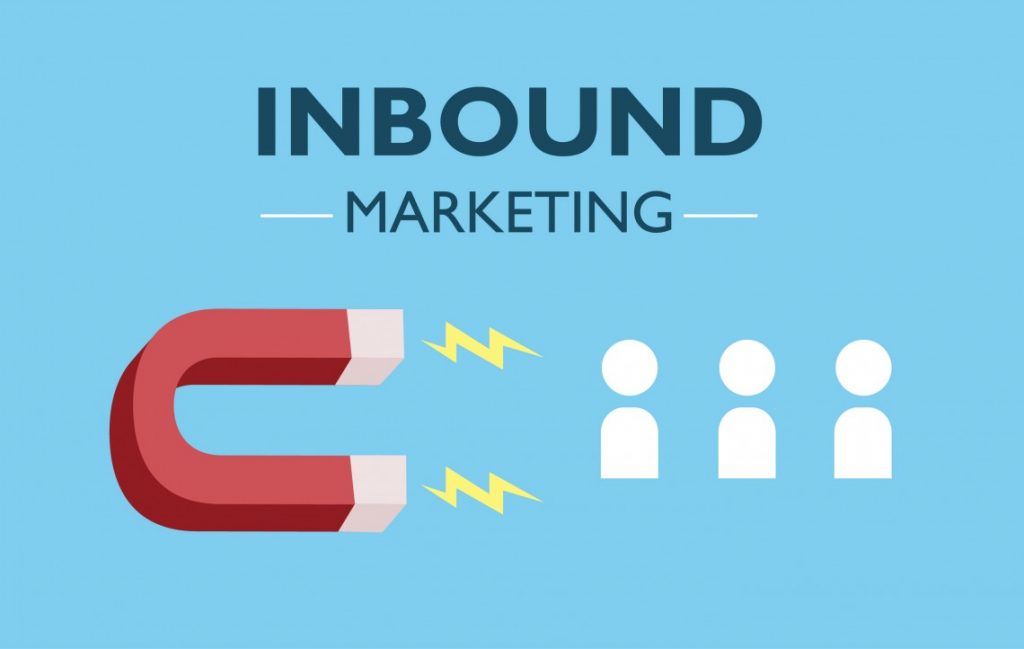
Have you ever read an article and felt, “oh my!..where have you been all my life!!”
After reading, you probably tapped the receive notifications button or signed up to get emails notifications or newsletters from the writer/maker of the video – inbound marketing undiluted.
Inbound marketing uses valuable content to attract customers to your brand or company.
It is a form of marketing that gives businesses visibility amongst competitors and allows them to be found by interested prospects who can become potential leads.
It is different from outbound marketing which involves chasing down customers and using ads to grab their attention.
Bringing home the fishing example I mentioned earlier, the fish is your target market, and the bait is the valuable content that draws the market to you.
Inbound marketing tactics or inbound marketing strategies; knowing the difference

Inbound marketing tactics are different from inbound marketing strategies in that tactics refer to the actions you take to put your marketing strategies to work.
It refers to the HOW? What steps will you take to put your strategy to work?
Inbound marketing strategies, on the other hand, lays out WHAT.
What plans will help you achieve your marketing goal?
Without laying out your inbound marketing strategies to guide the inbound marketing tactics you come up with, it is safe to say that your tactics will be ineffective.
It will be like taking a shot in the dark. You do not know who will get hit if anyone at all.
Applying Inbound Marketing Strategies to B2Bs and Startups
First, what is a B2B?
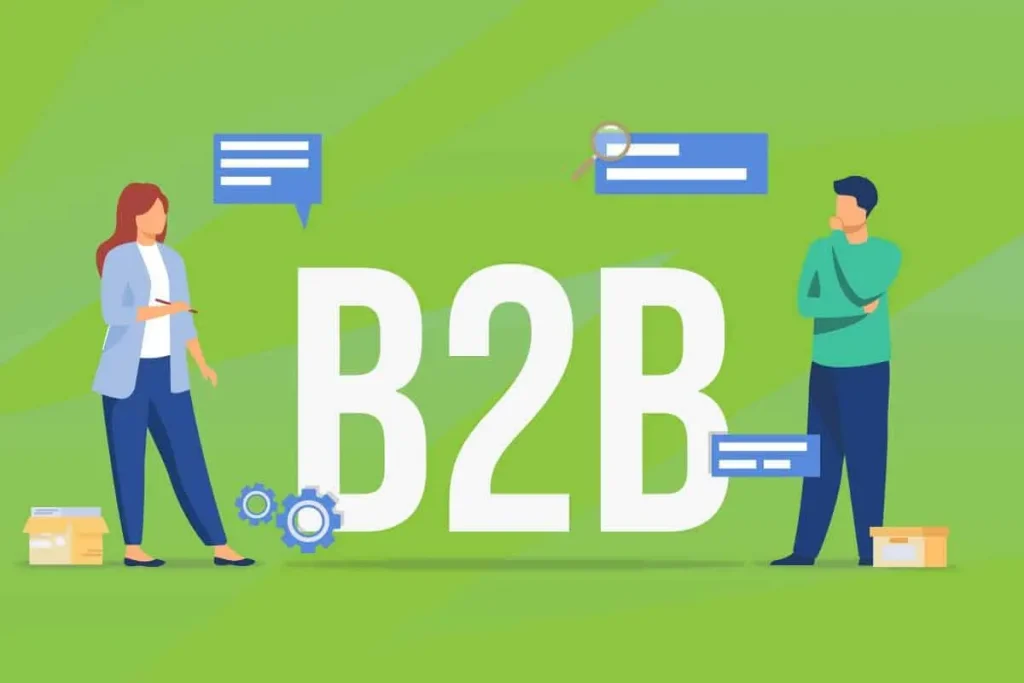
B2Bs – Business to Business are companies that transact with, sell, or offer its service to other companies who are their target market.
A farmer, for example, may sell to a wholesaler, or a wholesaler may sell to a retailer; in this case, farmers and wholesalers are selling to another business.
B2B businesses are different from B2C in that while the latter transacts with and aims to meet the needs of its direct consumer, B2Bs seek to meet the needs of other businesses so those businesses can meet the needs of their market.
Still, using the farmer and wholesaler example, without the farmer supplying the wholesaler or the wholesaler providing the retailer, the retailer would not be able to meet the needs of its market.
As another example, a car manufacturing company would need to order car parts – tires, battery, material, etc., from another company to be able to assemble a car.
Without those companies, the automobile company cannot produce vehicles to sell to its target market.
Some real-life examples of B2B companies today are Ali-baba, Amazon Business, and Skype for business.
What is a Startup?

No, startups are not small businesses.
A startup is a young business established by an entrepreneur(s)and initially funded from that entrepreneur(s) own pocket or by investment from family and friends.
Startups focus on innovation and bringing unique ideas to life to meet specific needs believed to be in high demand by a market.
The business objective is one significant difference between a startup and a small business.
Startups want to launch a business that will grow and grow fast, smashing the competition.
Small businesses, on the other hand, want to stay in business, meet the need of their local target market and make profits despite any existing competition.
Such businesses may not be interested in expanding or growing.
Facebook and Airbnb are good instances of companies that started as startups.
B2B vs. Startups

A B2B can be an established company, a small business, or a startup. Its target market is other businesses.
On the other hand, a startup can be a B2B or B2C. Its target market can either be other businesses or its direct consumers.
So, what Inbound Marketing Strategies can be Applied by B2Bs and Startup Companies?
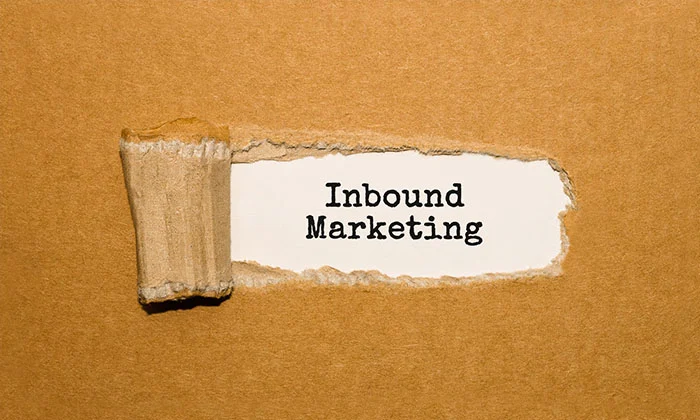
Before delving into this, you should know three things:
That effective inbound marketing strategy equals successful tactics.
This means that laying functional inbound marketing strategies for b2bs and startups would require applying the core principles and pillars that guide efficient inbound marketing strategies.
I recommend checking out this article – b2b inbound marketing strategy: 10 crucial components to know these foundational factors.
You don’t have to, even though it could seem tempting, apply all of these strategies at a go.
This does not mean you cannot apply all either if you so desire.
Ensure that the strategies suit your company, your business type, and the available budget.
Lastly, feel free to tweak and apply the strategies depending on your business type, company goals, current priorities, and the results.
Here are inbound marketing strategies for b2bs and startups you can apply to your business today.
1. Content Strategy, aka the King of Inbound Marketing
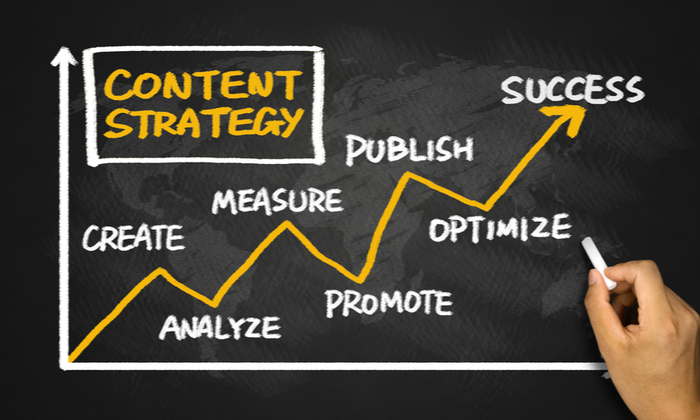
Most peoples are likely to purchase products from a brand they are familiar with rather than one they have never heard of.
This familiarity is one of the many benefits of applying this strategy.
By consistently writing quality content relevant to the needs of its target market, a company establishes itself in the minds of its market as an expert in a field and wins their trust.
That way, there is a higher chance of these customers remembering the brand when they want to purchase.
Notice I said the content should be quality, relevant to your market’s needs, and consistent.
If the content is of good quality but not consistent, it will take longer to acquire a sizeable number of potential leads, and search engines like Google will not put your content in a visible spot.
If it is consistent but not relevant to your market’s needs, it is safe to say that potential leads will not take the bait.
So also, if it is relevant to their needs but not of good quality, you may not gain their trust as an expert in the field.
Hence, the three factors must work together.
2. Video Marketing, aka the next big Inbound Marketing Strategy for B2Bs and Startups

Have you ever heard that we only recall 20% of what we read but remember 80% of what we see?
Yes..no? Well, science proves it.
If you type the phrase” how popular is video marketing?” in your search box, you will find that the number of video consumers is increasing, if not doubling by the year.
Many b2bs and startups have integrated videos into their marketing strategies to match this growth.
According to research, in 2021, about 86% of marketers were already using video to attract their market.
This figure has increased to 88% in 2022 – see why I call it the next big thing?
As a B2B or startup seeking to attract and retain your market, videos allow you to fully hold your audience’s interest while providing relevant information on your products or services.
Videos enable you to communicate your company’s values and the benefits or solutions of your products/services in ways the written word cannot.
Videos allow prospects to see and sense your brand’s sincerity in solving their problems.
It allows you to emphasize your company’s strength and why you are superior to the competition, better and faster than mere words – I could go on.
These benefits are vital to business growth for startups seeking to grow fast and for B2Bs. They generally have a limited target market and need to attract prospects quickly and convert them into long-term customers before the competition snatches them.
If you are anxious about the cost of video production or not having proper video equipment, the good news is you can always start small, thanks to phones with good cameras and free online video tools like YouTube.
Your videos do not necessarily have to be grand or fanciful.
All it needs to do is effectively communicate to prospects the benefits of the products/service your business is rendering and also capture the sincerity of your business to solve the needs of your market.
Testimonial videos, vlogs, and demo videos are some types of videos that fall under this inbound marketing strategy.
3. Images, GIFs, Infographics, Charts, and Good Old Memes; spice it all up!
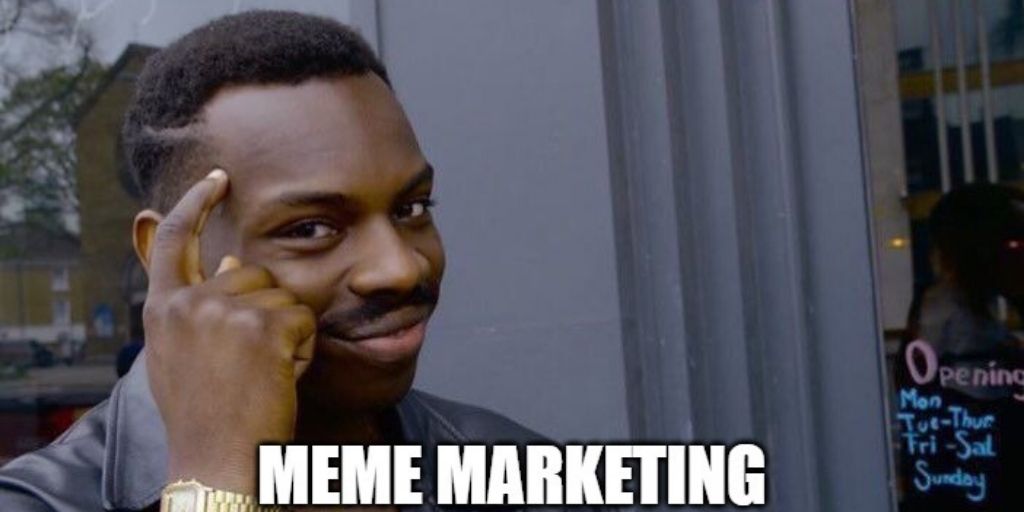
Gifs and memes are not just for jokes or witty sayings.
Used properly, they are effective inbound marketing strategies for B2Bs and startups.
Science has proven that humans are more visually inclined, grasp visual messages faster, and retain visual information quicker than text or audio.
Hence, images, infographics, gifs, and memes are some of the solid inbound marketing strategies B2Bs and startups can use to draw in the target market and impact a market lead in the shortest time.
Combined with your content strategy, these visuals will enliven your content, making your articles more attractive and appealing to your audience rather than mere rows upon rows of letters.
Visuals are also an efficient way of spreading the word about your brand because you can share with family and friends with just a click.
4. Social Media Marketing; Consistently Effective

Social media platforms, Facebook, LinkedIn, Instagram, Twitter, Quora, etc., are great ways to interact with a market, get them more familiar with the company, and connect with the business personally.
But for this to happen, your social media marketing should not be ads centered.
Instead, it should focus on offering value to your market via posts they can easily relate to, learn from, and share with others.
Examples of such posts can be a post centered on how the business overcame past struggles or a post on success stories of clients, one on relevant lessons learned from past experiences, etc.
Whatever you do, you want your post to increase market engagement.
Another thing to note when applying this marketing strategy is to use platforms where your target market is.
There is no point using Facebook if your market is on Twitter and vice-versa.
Also, ensure that all activities on the company’s social media page align with the marketing goal and business aim.
Hence, there is no need to celebrate an employee on the company’s social media page if it does not align with a marketing objective or overall company goal.
Your social media page can be used to express your company’s personality, playful or professional, and impact how the target market perceives your company.
5. Email marketing; a Company’s Nurturing Tool
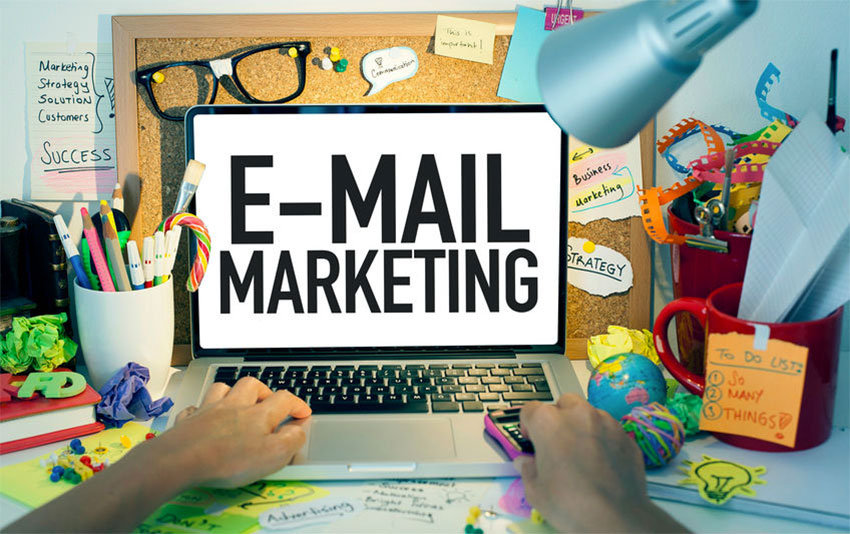
Another crucial inbound marketing strategy for B2Bs and Startups is Email Marketing.
Why?
Because it allows these businesses to nurture their target market into qualified leads, build trust and stay in mind.
To shed more light, let me explain each one after the other.
Nurture the target market into qualified leads.
Email marketing allows businesses to place the right content before the right audience.
With a good email automation workflow, you can target relevant content to a specific audience that would appreciate it, thus enabling your target market to progress along their buyer’s journey.
Build trust/relationship with the target market.
Just as communication is vital to the sustenance of any relationship, email marketing allows you as a B2B or a startup to keep the conversation going with a target market.
Providing potential customers with relevant content makes it easy for them to view you as an expert and trust your solutions.
Stay in mind.
Email marketing keeps you in the face of your target market but not in an annoying way.
By keeping in touch with your target market, providing them with content relevant to their needs, and keeping them up-to-date with your latest deals and services, chances are that your brand is the first that will come to mind when they are ready to buy.
Yes, marketing would be much easier if prospective customers were ready to buy when businesses are prepared to sell, but that is not always the case.
Rather than remaining silent, hoping that potential clients will suddenly recall your brand or stumble across your website when they are ready to buy, a good email marketing strategy allows you to accompany them along their buyer’s journey until they are ready to buy.
6. Search Engine Organization (SEO)… the Kingmaker

Without SEO, your content strategy will fall on its face.
In today’s world, where competition is arising daily, and the average human attention span is similar to that of a goldfish, optimizing your content for search engines like Google to rank it highly and place it where your target market will see it quickly, is crucial.
And this is where SEO comes in.
SEO is one of the core inbound marketing strategies for B2Bs and startups because it revolves around visibility.
It includes carrying out quality keyword research and optimizing your content so that your site is where prospects can easily access it.
By carrying out keyword research, you center your content around words that are the core of potential clients’ needs.
For instance, to entice you, as someone affiliated with a B2B or startup, to read this article, I titled it “Inbound marketing Strategies for B2bs and Startups.”
Had I named it “Best 2022 marketing strategies” or even “Inbound marketing strategies and tactics your business will need,” you might not have clicked it.
Asides from keywords, there is also a need to apply SEO best practices, such as making your URL SEO-friendly, optimizing your meta description and images, writing compelling titles, etc.
Without SEO fueling your content strategy, your content strategy, for all that is worth, may end up being ineffective as your target market will probably never come across your site during their organic search.
And this applies to every kind of content strategy done without SEO, no matter how revolutionary or unique it may be.
Final Thoughts
This list of inbound marketing strategies for b2bs and startups is not finite because marketing rules are consistently changing, alongside the needs and preferences of the target audience.
However, the good news is that the inbound strategies I have listed here typically form the bedrock or foundation on which all other inbound strategies for b2bs and startups are built.
Armed with this list, all you need do now is determine how you can apply these strategies to fit the personal circumstances of your b2b or startup.
RELATED: 10 Inbound Marketing Tactics For B2Bs and Startups
You love this Article, right? Get more Updates via Adilo’s Twitter Page
https://www.stanventures.com/blog/inbound-marketing/
https://www.csdesignworks.com/blog/2017/04/marketing-in-the-modern-day-inbound-marketing
https://www.medtextpert.com/reel-your-audience-with-inbound-marketing/
https://strategicmarketingpartner.com/marketing-strategy-vs-tactics/
https://www.agenciatupiniquim.com.br/blog/estrategias-marketing-digital-b2b/
https://www.jumpstartmag.com/top-5-startup-cities/
https://www.vecteezy.com/vector-art/1923771-man-thinking-of-the-question-and-sitting-on-big-question-mark-symbol
https://neilpatel.com/blog/inbound-marketing-strategies-startup-needs-start-using-today/
https://neilpatel.com/blog/content-strategy-a-development-guide/
https://50wheel.com/category/video-lead-generation/
https://pixelphant.com/blog/meme-marketing-strategy-to-grow-your-brand
https://www.talkwalker.com/blog/social-media-tips
https://digitalmatrixagency.com/types-of-email-marketing-campaigns-for-online-business-digitalmatrix/

